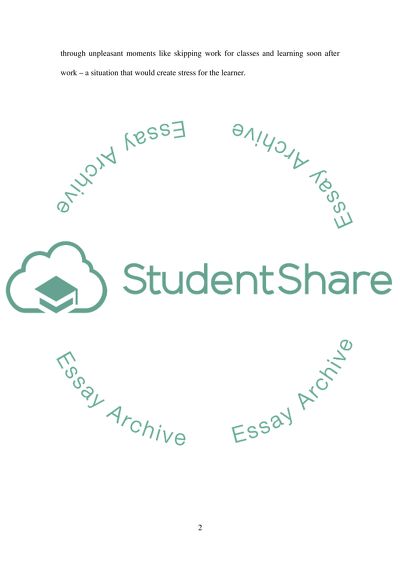Cite this document
(“List 2 issues to consider when planning and organizing on the job Book Report/Review”, n.d.)
Retrieved from https://studentshare.org/literature/1425741-next-core-unit
Retrieved from https://studentshare.org/literature/1425741-next-core-unit
(List 2 Issues to Consider When Planning and Organizing on the Job Book Report/Review)
https://studentshare.org/literature/1425741-next-core-unit.
https://studentshare.org/literature/1425741-next-core-unit.
“List 2 Issues to Consider When Planning and Organizing on the Job Book Report/Review”, n.d. https://studentshare.org/literature/1425741-next-core-unit.


